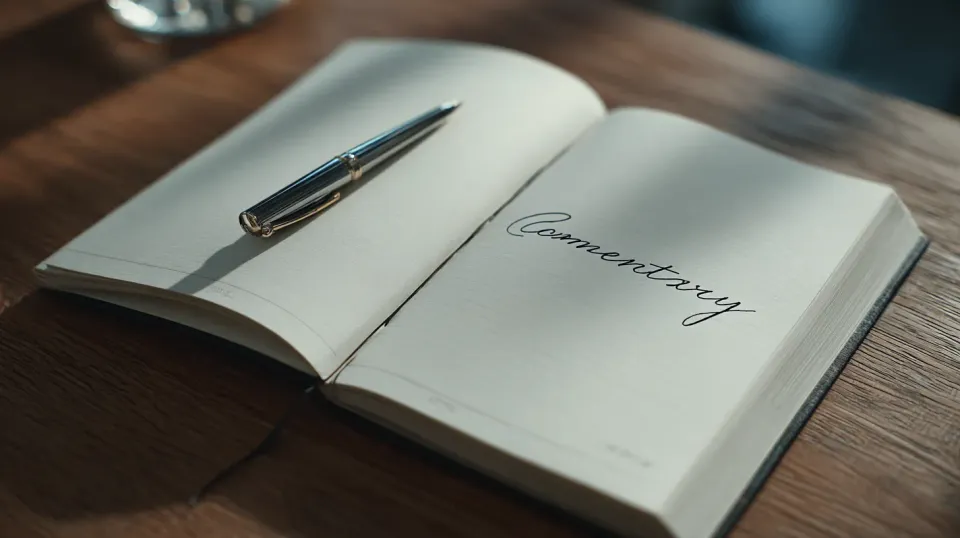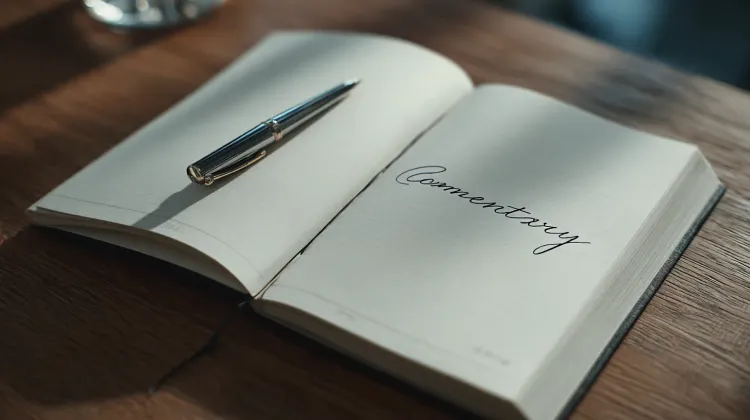Mira and the Impulse to Ruin

Mira’s curse works on two levels. On the surface, it is a ritual: an object chosen, words spoken, intent fixed. Beneath it, it’s spite—the willingness to wound oneself so long as another is wounded too. The act is both supernatural in form and deeply human in essence.
The triggers are small—a shirt, a laugh, a string of hair—but they open into something larger: the pain of being unseen, dismissed, forgotten. The guitar pick becomes more than a token of music; it channels betrayal, jealousy, and the need to make her presence felt. In that moment, the curse is both weapon and release.
The tragedy lies in her clarity. She names the cost, accepts it, and still proceeds. In silencing him, she silences herself. In binding him, she ties her own life to ruin. Whether one sees it as magic taking hold or psychology playing out, the result is the same: the house collapses, and she stands inside it, unflinching.
That is why this story is devastating. It reflects a dark impulse that exists beyond ritual, beyond belief—people will burn their own stability if it ensures the collapse of another. Mira embodies that impulse, and in her, we recognize a truth most would rather not admit.
She burned the house down. Her own.

